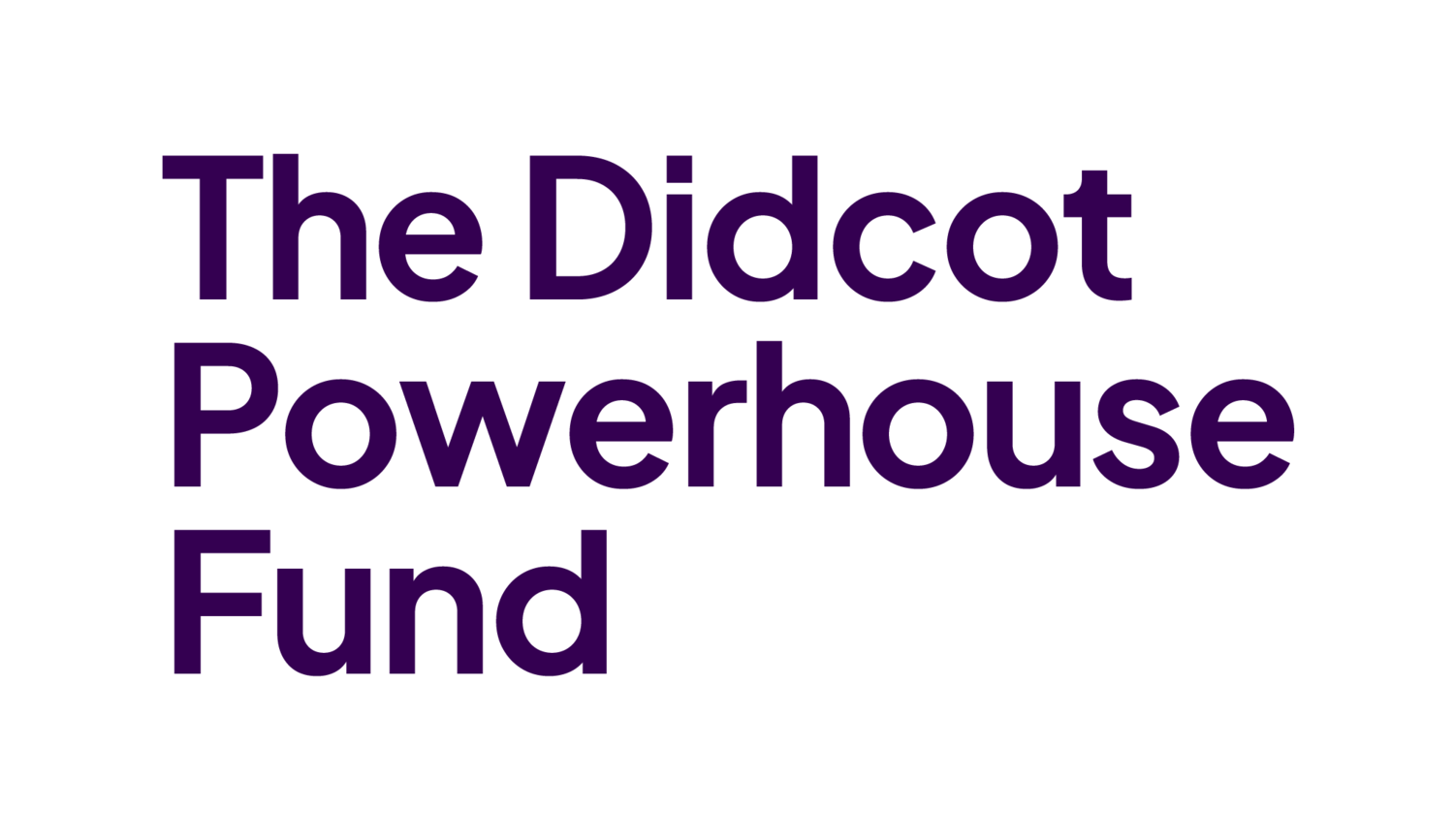
Powerhouse Grant-Giving
Grant Criteria & Annual Grant Theme
The theme for grants in 2025 is “Local support for those who need it most.”
The deadline has now passed to make a 2025 grant application but projects we were looking for were ones that will help to create a resilient and more inclusive community where people of all ages and backgrounds can thrive and collectively address challenges such as isolation, disadvantage of poor physical or mental health. Find out more about the grants we have awarded before, here.
Key Dates & Timings
Stage 1 - This year, the Powerhouse Fund opened for Expressions of Interest on Monday 2nd December 2024 and closed on Friday 10th January 2025.
Stage 2 - The Powerhouse grants panel shortlists grant applicants and invites them to present their project to the Grants Panel. Unsuccessful and successful applicants will be notified.
Stage 3 - Successful grants will be issued during March 2025.
Geographic Area For Grants
Wider Didcot area has pockets of poverty that fall below the Oxfordshire average and, in some cases, place it in the lowest rankings inside the UK. Charities are already working hard on a levelling up agenda, but there are neighbourhoods where additional support is urgently needed.
The Didcot Powerhouse Fund aims to accelerate the levelling up process by streamlining corporate and community giving more effectively. We invite grant applications from charities and organisations providing support to Didcot and the local villages, particularly from those that are working closely with other charities and agencies. At least 90% of beneficiaries of any grant from the Fund must live inside the Didcot Garden Town Area of Influence, within the outer blue line on the map below.
The Didcot Powerhouse Fund tackles inequality and deprivation in Greater Didcot and the surrounding villages. Since its launch, Powerhouse, which is a donor advised fund, has raised over £300,000 for the Didcot community and each year it directs grant funding to different community organisations which are working hard to improve local lives.
A total of £180,000 was given out by Powerhouse in grants in 2024 to 21 bodies serving the Greater Didcot area.
Application Stages
STAGE 1 Initial Expression of Interest forms will be completed and submitted between:
Monday 2nd December, 2024 and Midday on Friday 10th January 2025.
The following details are required:
STAGE 2
Organisations invited to progress to the final round will be asked to provide:
1. More detailed information about the project 2. How they are going to measure success
For applications for awards under £5,000, the Grants Panel may consider making an award without requiring a final round application.
Bids For Grants Should Meet The Fund Criteria
Joint bids are encouraged as partnerships generate greater impact.
90% of the qualifying grant beneficiaries will live inside the Greater Didcot area of Influence, including local villages (see map below).
Bids will meet the annual theme
Grant recipients must evidence the impact of their project(s)
Grant-Giving in 2024
You can read more here about the projects funded by the 2024 round of Powerhouse grant-giving
Powerhouse Grants Panel
Grants Panel members understand the variety of communities and diverse areas of need in the wider Didcot locality. Their role is to review initial Expressions of Interest through to compiling the successful grant shortlist, assisted by Oxfordshire Community Foundation. Grant-recipients provide regular progress updates and their impact outcomes are highlighted in The Didcot Powerhouse Fund Annual Impact Report. Please see the Grant Panel members’ biographies below.
Housing: Jackie Logan, Soha Housing Education: Will Manning, Headteacher, St Birinus School The Oxfordshire Lieutenancy: Elizabeth Paris, Deputy Lieutenant for Didcot The Oxfordshire Community Foundation: Anne Davies, Trustee, OCF South and Vale District Councils: Jayne Bolton, Infrastructure and Development Manager Communities: Revd Mark Bodeker, Associate Minister, Great Western Park Church Health: Dr Rachel Starer, Former Didcot GP Secretariat: Annette Ahern, OCF, Office Administration and Governance
Meet the Grants Panel Below
-

Jackie Logan
Soha Housing
-

Elizabeth Paris
Deputy Lieutenant for Didcot
-

Mark Bodeker
Church of England Minister
-

Ian Busby
OCF Chair
-

Rachel Starer
Retired Didcot GP
-

Jayne Bolton
South & Vale District Councils
-

Lucinda Cross
Clerk, Grants Panel
Grant Recipients in 2022
A total of £108,000 was given out by Powerhouse in grants in 2024, to bodies serving the Greater Didcot Area of influence. Grants ranged from £400 to £10,000.
View details of our grant recipients by clicking here and see map displaying the Fund’s coverage above.
Fuel Better Futures
The theme for grants in 2025 is “Local support for those who need it most.”
The Didcot Powerhouse Fund Advisory Group, guided by Oxfordshire Community Foundation, Charitable Incorporated Organisation no 1151621 (England & Wales), will review and have the final say on all grant applications.



